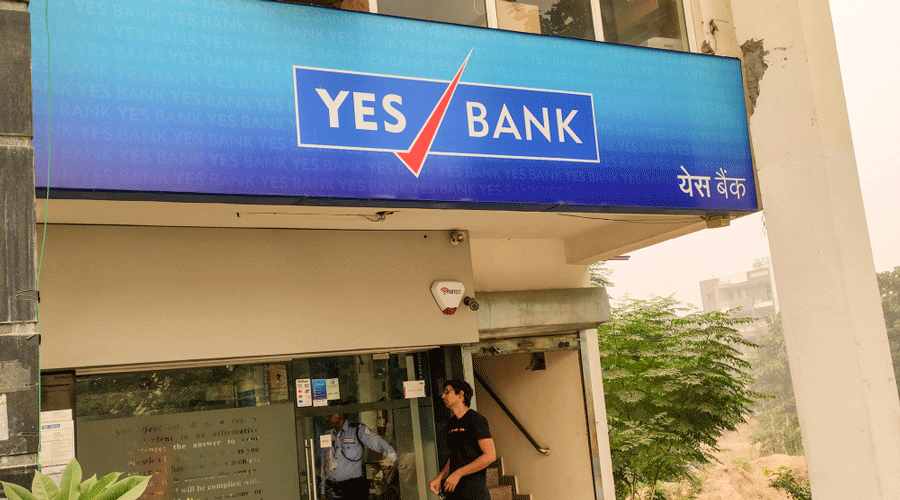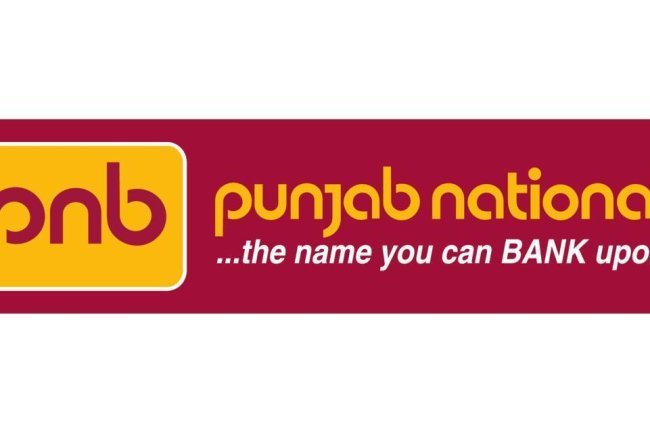Yes Bank's Stake Sale Faces Regulatory Hurdle as RBI Rejects Majority Stake Proposals

Yes Bank's Stake Sale Faces Regulatory Hurdle as RBI Rejects Majority Stake Proposals
MUMBAI: Yes Bank’s efforts to sell a significant equity stake have encountered a regulatory obstacle, as the Reserve Bank of India (RBI) has rejected proposals from potential bidders seeking to acquire a majority 51% stake in the private lender. Notable bidders, including Dubai's Emirates NBD and Japan's Sumitomo Mitsui Banking Corp (SMBC), are in the running to acquire a stake in Yes Bank, but the RBI’s stance on single-entity ownership has complicated the sale process.
A key financial industry executive, familiar with the situation, revealed that the RBI is uncomfortable with a single entity holding a majority stake. This development suggests that the stake sale could face delays, potentially extending beyond the end of the current fiscal year.
In March 2020, Yes Bank was rescued by a consortium led by the State Bank of India (SBI), which infused ₹10,000 crore to stabilize the struggling bank. SBI initially acquired a 49% stake with a three-year lock-in period but now holds a reduced 24% following Yes Bank’s subsequent fundraising efforts, including a follow-on public issue and a preferential share issue to private equity firms Carlyle and Advent International.
Other significant stakeholders include Axis Bank, ICICI Bank, HDFC Bank, Kotak Mahindra Bank, and LIC, collectively holding 11.5% of Yes Bank’s equity, valued at ₹8,440 crore.
The potential buyers are negotiating directly with the banks and other investors and seeking RBI approval for the transactions. Under current regulations, a single entity can hold up to 26% of a bank with RBI approval. In the case of CSB Bank, the RBI allowed Fairfax India Holdings Corp to acquire a 51% stake with the condition of reducing it to 26% over 15 years. Fairfax recently sold a 9.7% stake in CSB Bank.
Prashant Kumar, MD and CEO of Yes Bank, noted in a July interview the necessity of providing an exit for shareholders, particularly SBI. If SBI divests its entire stake at the current share price of ₹23.43 on the BSE, it could potentially generate ₹17,611 crore for the government lender. SBI has not commented further on the stake sale.
Click Here to Visit
What's Your Reaction?
















